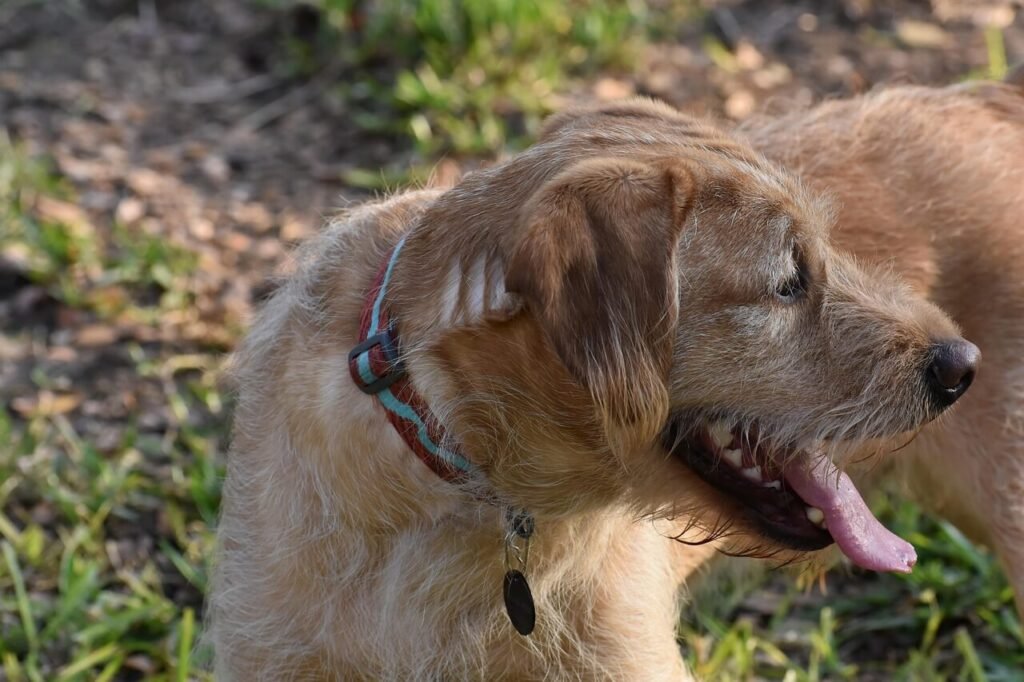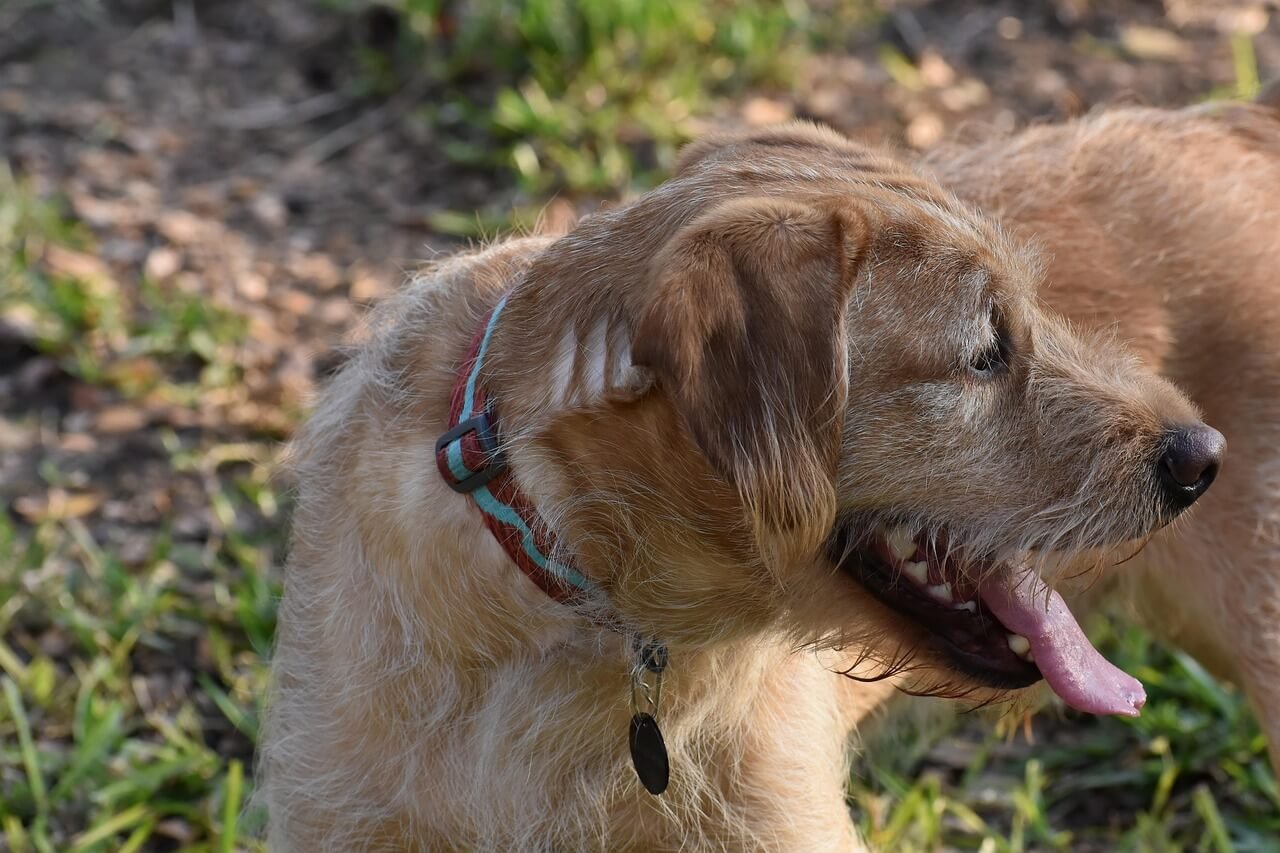How Long Does Dog Dental Surgery Take? A Comprehensive Guide
If you’re a dog owner, you know how important it is to prioritize your furry friend’s dental health. Dental surgery for dogs can range from routine cleanings to more complex procedures like tooth extractions or gum disease treatments. One common question that arises is, “How long does dog dental surgery take?” The answer depends on the type of procedure, the dog’s health, and other factors. In this blog post, we’ll explore everything you need to know about the duration of dog dental surgeries, what to expect during the process, and how to prepare your pup for a smooth recovery.
Factors That Influence the Duration of Dog Dental Surgery
The time required for dog dental surgery can vary significantly based on several factors. Understanding these elements will help you better anticipate how long your dog’s procedure might take.
Type of Procedure:
Routine cleanings typically take less time than complex surgeries like root canals or jaw repairs.Number of Teeth Involved:
If multiple teeth require attention, such as extractions, the surgery may take longer.Dog’s Age and Health:
Older dogs or those with pre-existing health conditions may require additional precautions, extending the procedure time.Anesthesia Preparation:
Administering anesthesia and ensuring the dog is stable before surgery can add extra time to the overall process.Post-Surgical Monitoring:
After the surgery, the veterinary team monitors the dog closely to ensure they wake up safely, which may affect the total time spent at the clinic.
These factors highlight why the duration of dog dental surgery isn’t a one-size-fits-all answer. Each case is unique, and your veterinarian will provide a tailored timeline based on your dog’s needs.
Common Types of Dog Dental Surgeries and Their Average Timelines
Different types of dental surgeries require varying amounts of time. Here’s a breakdown of some common procedures and their approximate durations.
Dental Cleaning:
A routine cleaning usually takes about 45 minutes to an hour, including anesthesia preparation.Tooth Extraction:
Simple extractions can take 30-60 minutes, while more complicated cases may require up to 2 hours.Root Canal Therapy:
This intricate procedure typically lasts 1.5 to 2.5 hours, depending on the tooth’s condition.Gum Disease Treatment:
Addressing advanced gum disease may take 1-3 hours, especially if multiple areas are affected.Jaw Fracture Repair:
These surgeries are highly complex and can take anywhere from 2 to 4 hours or more.
Understanding the typical timelines for these procedures can help you plan accordingly and set realistic expectations for your dog’s surgery day.
Check this guide 👉Do Dog Dental Chews Work? Best 7 Expert Tips!
Check this guide 👉Dog Dental Cleaning Costs: Best 7 Expert Health Tips!
Check this guide 👉5 Best Dog Dental Powders for Ultimate Oral Health Boost!

Type of Dental Surgery | Average Duration |
|---|---|
Dental Cleaning | 45 minutes – 1 hour |
Tooth Extraction | 30 minutes – 2 hours |
Root Canal Therapy | 1.5 – 2.5 hours |
Gum Disease Treatment | 1 – 3 hours |
Jaw Fracture Repair | 2 – 4+ hours |
What Happens Before and After Dog Dental Surgery?
A dog dental surgery involves more than just the procedure itself. Pre-surgical preparations and post-operative care are crucial components that contribute to the overall timeline.
Pre-Surgical Consultation:
A vet consultation and physical exam are conducted beforehand, which may take 20-30 minutes.Fasting Period:
Dogs are usually required to fast for 8-12 hours prior to surgery to prevent complications during anesthesia.Anesthesia Recovery:
After the surgery, dogs spend 1-2 hours in recovery as they wake up from anesthesia.Post-Surgery Instructions:
Owners receive detailed care instructions, which may include dietary restrictions and medication schedules.Follow-Up Appointments:
A follow-up visit is often scheduled within 1-2 weeks to monitor healing progress.
These steps ensure that your dog receives comprehensive care throughout the entire surgical process, from preparation to recovery.
Tips for Preparing Your Dog for Dental Surgery
Proper preparation can make a significant difference in ensuring your dog’s surgery goes smoothly. Here are some practical tips to help you get ready.
Consult Your Vet Early:
Schedule a pre-surgical consultation to discuss your dog’s health and any concerns you may have.Follow Fasting Guidelines:
Adhere strictly to the fasting instructions provided by your veterinarian to avoid complications.Prepare a Comfortable Space:
Set up a quiet, cozy area at home where your dog can rest comfortably after the surgery.Arrange Transportation:
Plan for someone to drive your dog to and from the clinic, as they may feel groggy post-surgery.Stock Up on Supplies:
Purchase any prescribed medications, soft food, or recovery items ahead of time.
By following these tips, you can ensure that both you and your dog are well-prepared for the big day, minimizing stress and promoting a speedy recovery.
Signs Your Dog May Need Dental Surgery
Recognizing the signs that your dog might need dental surgery can help you address issues early. Here are some indicators to watch for.
Bad Breath:
Persistent foul odor could signal gum disease or infected teeth.Difficulty Eating:
If your dog avoids hard food or chews abnormally, it may indicate dental pain.Swollen Gums:
Redness or swelling around the gums often points to infection or inflammation.Loose or Missing Teeth:
This could be a sign of advanced dental disease requiring intervention.Excessive Drooling:
Unusual drooling may suggest discomfort or oral health problems.
Addressing these signs promptly can prevent complications and improve your dog’s quality of life.
Benefits of Timely Dog Dental Surgery
Proactive dental care, including timely surgery when needed, offers numerous benefits for your dog’s overall health.
Improved Oral Hygiene:
Surgery removes damaged teeth and infections, promoting better oral health.Pain Relief:
Addressing dental issues alleviates discomfort and improves your dog’s daily life.Prevention of Systemic Diseases:
Untreated dental problems can lead to heart, liver, or kidney issues; surgery helps prevent this.Enhanced Appetite:
Resolving dental pain allows your dog to eat normally again, supporting their nutrition.Longer Lifespan:
Good dental health contributes to a longer, healthier life for your pet.
Timely intervention ensures your dog stays happy and healthy for years to come.
Common Misconceptions About Dog Dental Surgery
There are several myths surrounding dog dental surgery that can cause unnecessary worry. Let’s debunk some of these misconceptions.
Myth: Dental Surgery Is Only Cosmetic:
In reality, it addresses serious health issues that can impact your dog’s overall well-being.Myth: Dogs Don’t Feel Pain Like Humans Do:
Dogs experience pain similarly, and proper pain management is essential during recovery.Myth: Anesthesia Is Always Dangerous:
Modern veterinary practices use safe protocols to minimize risks associated with anesthesia.Myth: Dental Issues Heal on Their Own:
Without treatment, dental problems worsen over time, leading to more severe complications.Myth: Dental Surgery Is Too Expensive:
While costs vary, the investment in your dog’s health prevents more costly issues down the road.
Understanding the truth behind these myths helps you make informed decisions about your dog’s dental care.
Frequently Asked Questions About Dog Dental Surgery
How long does dog dental surgery typically take?
It varies depending on the procedure but generally ranges from 30 minutes to several hours.
Will my dog be in pain after the surgery?
Pain management is a priority, and vets prescribe medications to keep your dog comfortable.
Can I stay with my dog during the surgery?
Most clinics do not allow owners to stay during the procedure, but staff will keep you updated.
How long does it take for a dog to recover from dental surgery?
Recovery typically takes 1-2 weeks, though full healing may take longer for complex procedures.
Are there risks associated with dog dental surgery?
As with any surgery, there are risks, but proper preparation and skilled veterinary care minimize them.
Final Thoughts: Navigating Dog Dental Surgery with Confidence
Dog dental surgery may seem daunting, but understanding the process and preparing adequately can ease your worries. From knowing how long the procedure takes to learning about pre- and post-operative care, being informed empowers you to support your dog through this important step in their health journey. Remember, your veterinarian is your best resource for guidance, so don’t hesitate to ask questions. With the right care and attention, your dog will emerge healthier and happier, ready to enjoy many more tail-wagging adventures by your side.
Dog Tapeworm Life Cycle: Best 7 Expert Tips! – Learn how tapeworms infect dogs, spot symptoms, and break the cycle with expert prevention strategies.
Anxious Cat Body Language: Best 7 Expert Tips! – Learn to spot signs of stress, understand triggers, and help your cat feel safe and relaxed.
Anxious Dog Body Language: Best 7 Expert Tips! – Learn to spot signs of anxiety, respond effectively, and help your dog feel safe and secure.
Is Breeding Dogs Bad? Best 7 Expert Tips! – Explore the ethics, benefits, and risks of dog breeding to make informed decisions for a better future.





